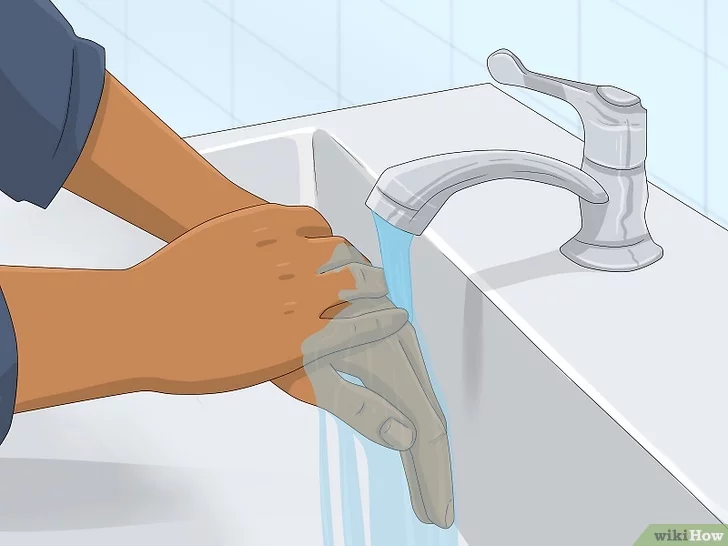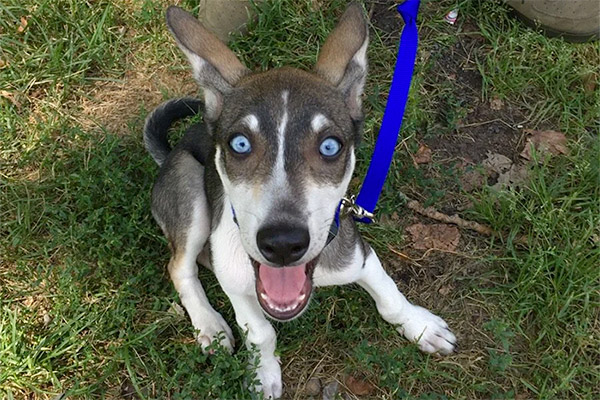How And When to Use Activated Charcoal For Dogs
Activated Charcoal for Dogs: How and When to Use It

If a dog ingests chemicals or becomes poisoned, activated charcoal can literally save their lives. Here’s how to give dogs activated charcoal in an emergency situation safely.
When a dog consumes a possible poison, activated charcoal is frequently prescribed by veterinarians as an emergency treatment. Activated charcoal, when given soon after exposure, can keep your dog from experiencing poisoning symptoms.
Nevertheless, it’s critical to understand that activated charcoal has its limitations and cannot be used to remove all toxins. Before attempting to treat your dog at home for an ingestion of foreign material, you should always contact poison control or your veterinarian.
Dogs are inquisitive animals who frequently sniff and devour anything they come across. It makes sense that they would get into all kinds of mischief, from sniffing around the new cleaning solution to examining yesterday’s rubbish. In other cases, your dog can accidentally ingest something harmful. Activated charcoal for dogs can help with this. By binding to the poisonous material, charcoal lowers the possibility that your dog may get poisoned. It is better to deliver activated charcoal by your pet’s veterinarian or under their supervision.
Table of Contents
What is dog activated charcoal?
For dogs who have ingested poisonous material, activated charcoal is a medicine. Activated charcoal can be given to dogs as a liquid, powder, or mixed slurry. Because charcoal pills, capsules, or tablets don’t open up effectively in the digestive system, we highly advise against using them.
We advise using ToxiBan. One variety contains sorbitol, while the other does not. Give the sorbitol-containing variant just once. If you require repeated dosages, use ToxiBan instead of Sorbitol.
What Is the Appearance of Activated Charcoal?
The forms of activated charcoal are numerous. Oral remedies are most frequently used in veterinary medicine. These can be created in the veterinary clinic by combining activated charcoal powder and water, or they can be bought as a bottle of thick, black liquid. The patient is then given the liquid either by mouth syringe or with a tiny bit of food.
How Does Charcoal Activation Work?
To generate black charcoal, natural carbon resources like wood and coconut shells are heated to temperatures between 600 and 900 degrees Celsius. This process produces activated charcoal. In order to promote toxin binding, the activation process increases the surface area by eliminating molecules and forming pores, which are tiny cracks and fissures. This opens up the stomach and gastrointestinal tract’s pores for the activated charcoal to absorb the poisons. It also performs admirably. In just three hours, activated charcoal can lower pollutants by 80%.
Activated charcoal works on certain toxins solely because not all poisons attach to the pores since some are too little. Activated charcoal is combined with cathartic sorbitol, which aids in the removal of toxins from the body by osmosis. Through the removal of toxins in the form of feces from the activated charcoal, the treatment detoxifies your dog’s body.
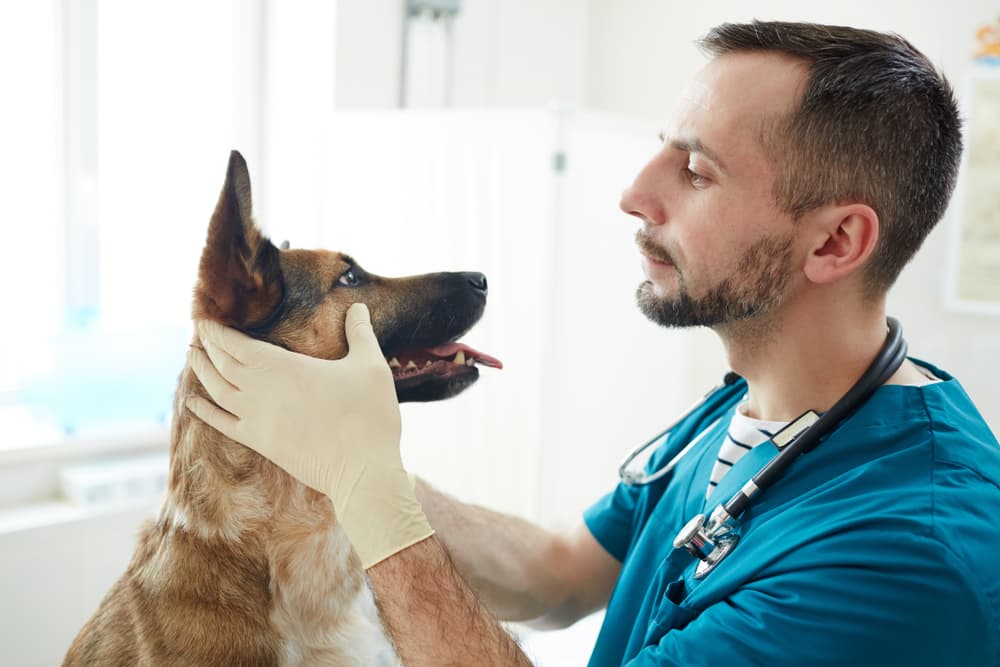
Because of its incredibly high surface area, activated charcoal can bind to a wide variety of substances. Activated charcoal stops substances from entering a dog’s bloodstream by binding to substances in the digestive tract.
This is very helpful in poisoning situations. Your dog will excrete the toxin innocuously through his feces once it has attached itself to the charcoal. Certain activated charcoal products additionally incorporate a cathartic ingredient, like sorbitol, which expedites the charcoal’s transit through the digestive tract, guaranteeing that canines promptly eliminate the toxins.
Unfortunately, not all poisons can be eliminated by activated charcoal. Certain substances, such as xylitol and ethanol, are too tiny to attach to the activated charcoal.
Another crucial factor is the moment of toxin consumption. If too much time has elapsed, the toxin has probably already entered your dog’s circulation. Activated charcoal won’t work under those circumstances.
The type of toxin, the time your dog consumed it, the symptoms, and any additional medical concerns will all be taken into consideration by your veterinarian when determining whether or not to prescribe activated charcoal.
What is Activated Charcoal Used For in Dogs?

After a poison is consumed, your dog’s gastrointestinal tract is cleaned up with activated charcoal. In order to remove as much of the toxin from the stomach as possible, your veterinarian may advise first producing vomiting in your dog, depending on the type of toxin and how long ago it was taken.
Activated charcoal blocks systemic absorption by binding to any leftover poison after consumption. Activated charcoal may sometimes need to be taken in many doses spread out over a few hours.
Activated charcoal is frequently prescribed by veterinarians to help dogs eliminate poisons such as:
- Prescription or OTC medications
- Rodenticides
- Marijuana
- Narcotics
- Aspirin
- Acetaminophen
- Organophosphate or carbamate insecticides
- Pyrethrins
- Strychnine
Veterinarians do not, however, advise activated charcoal for every dog or poisoning situation. A dog’s gastrointestinal tract may include charcoal, which can sometimes make it more difficult for your veterinarian to give other medications. Not all toxins will bind to activated charcoal. Because of this, unless instructed to do so by your veterinarian, avoid giving your dog activated charcoal at home.
Most Frequently Occurring Side Effects
If activated charcoal is not administered correctly, it can have major adverse consequences that could be fatal. For certain patients, such as those who are dehydrated, experiencing gastrointestinal bleeding, or exhibiting symptoms of bowel obstruction, veterinarians do not advise using these medications.
Apply activated charcoal only under your veterinarian’s guidance. The following are possible adverse effects of activated charcoal in dogs:
- Hypernatremia (excessively high sodium in the blood)
- Aspiration, leading to pneumonia and other respiratory problems
- Vomiting
- Diarrhea
- Constipation
- Gastrointestinal obstruction
- Black feces
- Eye irritation
Your veterinarian may also recommend additional treatments to manage the side effects of activated charcoal, such as:
- IV fluids to prevent dehydration
- Medications for nausea and vomiting, such as Cerenia
- Probiotic supplements, such as Purina Pro Plan Fortiflora, to help restore normal intestinal microbiota
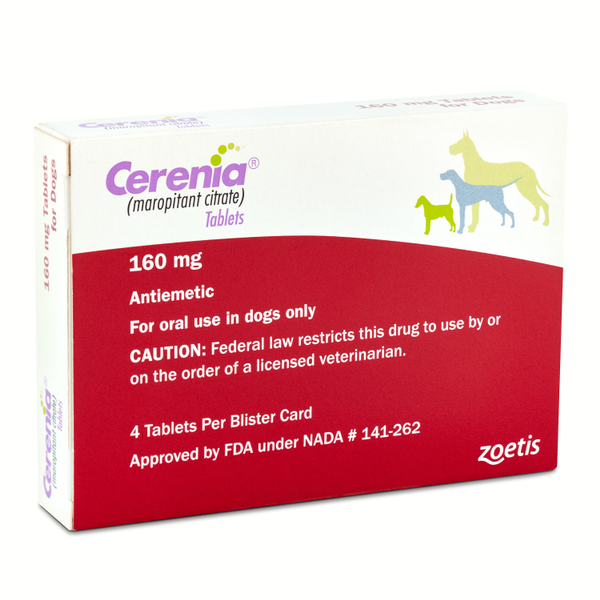
Many of the mild adverse effects of activated charcoal, such as vomiting, constipation, black feces, and eye irritations, do not affect all dogs. When used improperly, activated charcoal can have serious side effects, some of which are potentially fatal.
Activated charcoal treatments should be avoided for dogs with certain medical issues. This typically refers to animals that have bowel impaction and gastrointestinal hemorrhage. In addition, the drug should not be administered to dogs who are dehydrated. Severe symptoms include gastrointestinal obstructions, aspiration, and hypernatremia.
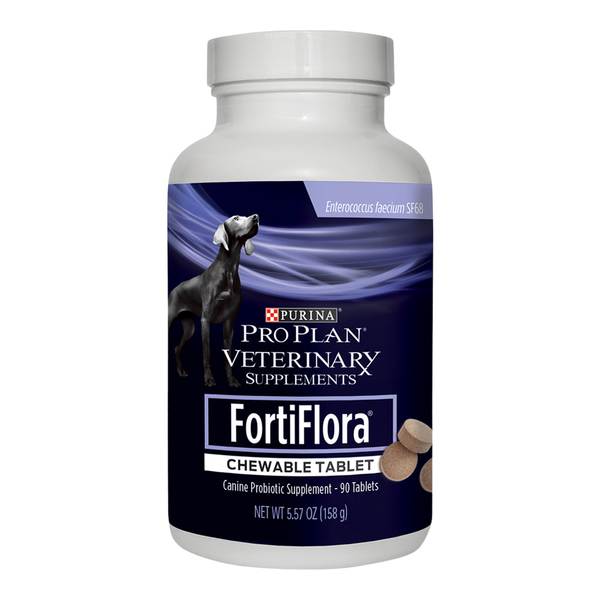
Interactions Between Medications and Other Drugs
Activated charcoal may lessen the effectiveness of many popular drugs by binding to them. If your dog has had any oral medications in the last 24 hours, let your veterinarian know.
To make sure the activated charcoal doesn’t react with your dog’s medication, your veterinarian could advise changing the way it is given to them.
Owing to the nature of activated charcoal’s removal and binding properties, it can draw out poisons and recently consumed drugs simultaneously. As a result, oral drug absorption is reduced. After receiving charcoal treatment, wait three hours or longer before taking any drugs.
Activated Charcoal Dosages for Dogs
The usual way to administer activated charcoal is based on your dog’s weight, though the product may have different dosage guidelines. If the medication contains cathartic agents like sorbitol, careful dosing is especially crucial because improper administration might result in electrolyte imbalances and dehydration.
For optimal effects, some toxins might need to be administered with activated charcoal more than once. Before giving your dog any activated charcoal, get advice from poison control or your physician.
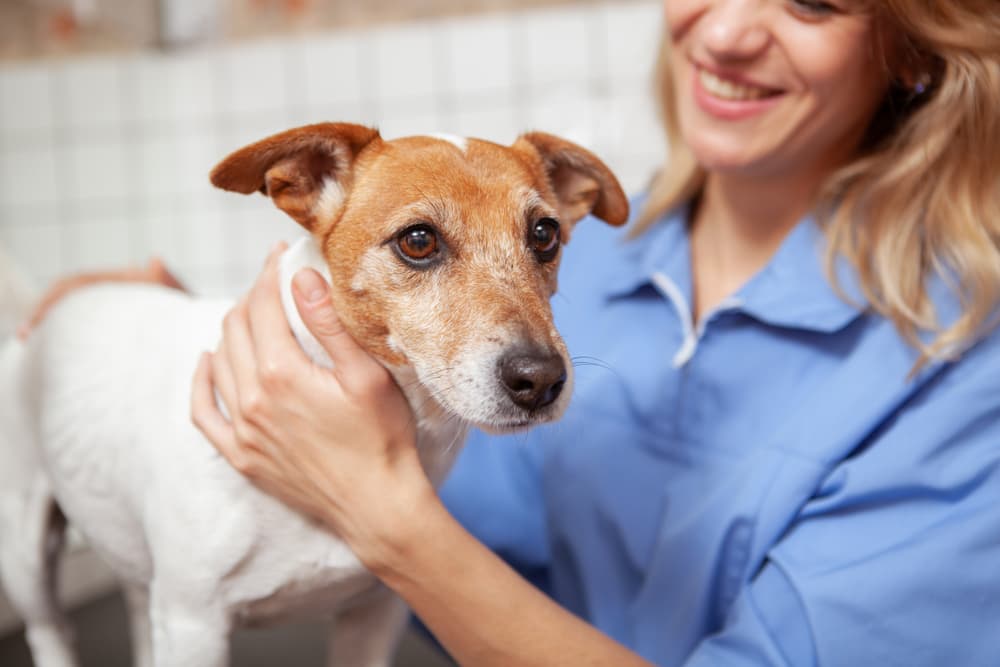
Doses of activated charcoal are given based on weight. According to research published in the Journal of Veterinary Emergency and Critical Care, your dog should consume 1 to 5 grams of activated charcoal for every kilogram of weight. If you suspect your dog has consumed something toxic, you should take fast action because it takes approximately 2-4 hours for something to clear the stomach and AC becomes less effective as exposure rises.
Depending on the poisonous material in question, your veterinarian may advise repeated dosages of activated charcoal every 6–12 hours for a few days.
Cost
Activated charcoal is a reasonably priced item. Oral activated charcoal suspensions for veterinarians often run between $20 and $30 per bottle. For large dogs or in an extreme situation, you might require more than one bottle.
In order to address the toxicity of activated charcoal and manage its adverse effects, your veterinarian may additionally recommend other medications, which could raise the total cost of treatment.
Pet insurance policies can assist in defraying the cost of testing and treatment in the event that your dog consumes something poisonous or harmful. Hospitalization, surgery, vomiting ingestion, and emergency treatment may all be covered by a coverage like Lemonade.
Guidelines for Storage
Most types of activated charcoal can be kept in storage at room temperature. Activated charcoal should always be kept out of the light, heat, and moisture. Make careful to look for any additional manufacturer storage recommendations on the packaging.
FAQs on Activated Charcoal for Dogs
Is activated charcoal safe for dogs?
For dogs who have consumed a poison, activated charcoal is utilized as a gastrointestinal decontaminant. In order to remove as much of the toxin from the stomach as possible, your veterinarian may advise first producing vomiting in your dog, depending on the type of toxin and how long ago it was taken.
Where can I find dog activated charcoal?
Most pet supply stores and online merchants, such as Amazon, sell activated charcoal for dogs over the counter. However, unless your doctor specifically orders it, you should never give your dog activated charcoal.
What is the recommended dosage of activated charcoal for dogs?
Activated charcoal dosage recommendations from veterinarians vary based on the weight of the dog and the prescription product. One to three grams of charcoal per kilogram of bodyweight is the usual dosage. In some circumstances, your veterinarian may advise repeat dosages at a reduced dosage.
But you should always do as your veterinarian specifically instructs. It’s important to dose products carefully because some of them contain cathartic agents like sorbitol, which, if not used correctly, can cause electrolyte imbalances and dehydration.


